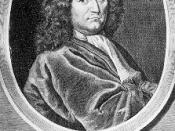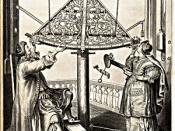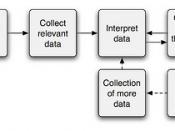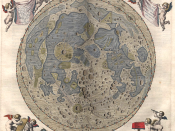The most popular scientist of the seventeenth and eighteenth centuries consisted of males. The women were rarely involved in the scientific field, but the ones who were participated in research in the fields of chemistry, astronomy, biology, botany, physics, and medicine. The participation of women in the scientific field led to many different attitudes and reactions from men and other women.
Although some men simply ignored a woman when she spoke of scientific ideas, others commended them and had them joined in their research. For example, Johannes Hevelius gladly accepted hid wife's ideas and worked side by side with her in the research of the heavens. Another man, Gottfried Kirch, greatly appreciated what his wife had found one morning. Kirch had observed a variable star and had not noticed that it was a comet. It took the help of his wife to bring his attention to the newly discovered comet in the sky.
Some men believed that women should be allowed to participate in sciences because their position would put them above troublesome and laborious cares, and therefore allow them to be more capable of contemplating the good and the beautiful. , women also felt proud of having ideas published in books and articles. They believed that if they would have been cultivated like men, then they would be equal to the minds of men.
In most cases men did not favor the women scientist. A fascinating subject in the seventeenth century was the heavens. When women participated in the research of the stars, they slept during the daytime and researched during the nighttime. This led to the neglect of her household duties of cleaning and tending to her husband and children. In many other fields, women realized that it was not their profession to teach: that she should remain silent, listen and learn, without displaying her own knowledge.





